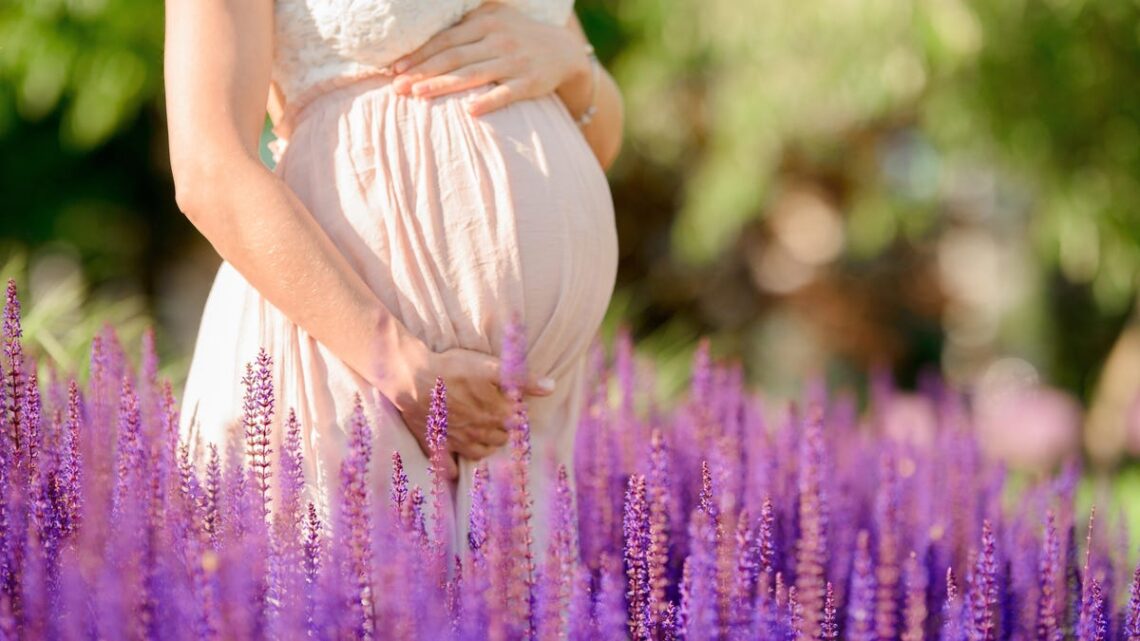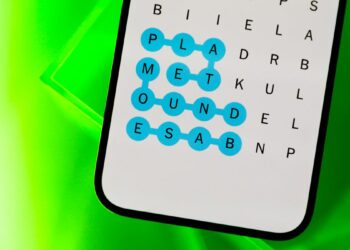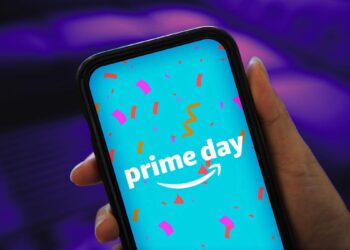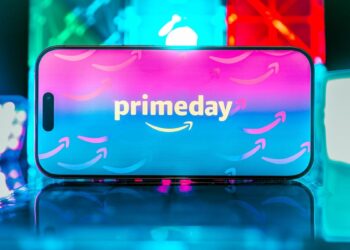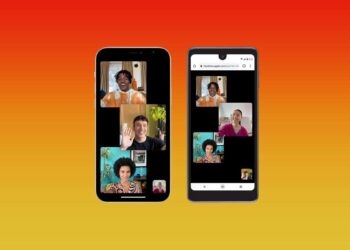It started when I walked past puppies in my neighborhood. I was that person, asking to pet them. My uterus would do flips when I saw a baby, my body signaling to my brain that it’s time to think about starting a family.
After spending my 20s hopscotching around the world and putting my circadian rhythm through the ringer, I knew I had some pregnancy prep to do — especially given I’m now in my mid-30s. No woman wants to hear “geriatric” from their OB-GYN.
With my biological clock ticking, and artificial intelligence promising faster answers, I turned to AI instead of Dr. Google to see if it could help me get my body baby-ready.
I chose OpenAI’s ChatGPT, because it’s the best-known AI tool and had a major upgrade to the free version in May. I also wanted more conversational capabilities, rather than a listicle of advice (which ChatGPT does well).
ChatGPT was released in November 2022 and is available for free or $20 per month for ChatGPT Plus. I went with the paid version, because there isn’t time to mess around.
Using ChatGPT to, well… chat
First, I wanted to know the pregnancy stats for healthy 35-year-old women with no fertility issues.
Instead of a 20% to 25% chance of conceiving per cycle, I was in the 15% chance-per-cycle range. ChatGPT highlighted a higher risk of miscarriage, so I noted that as a follow-up question. A girlfriend also told me it’s not our biological age that matters, but our egg quality that matters.
So I asked: “What is the best prenatal nutrition for a 35-year-old woman to help improve egg quality and reduce the risk of miscarriage?”
ChatGPT replied, offering a two-pronged approach rooted in nutrition and lifestyle. Some of the things it included were folic acid, Omega-3 fatty acids, antioxidants, iron, calcium and vitamin D, protein and coenzyme Q10, as well as a balanced diet, hydration, eliminating harmful substances like alcohol and tobacco, prenatal vitamins and regular check-ups.
I liked that ChatGPT provided sourcing…
Read the full article here

